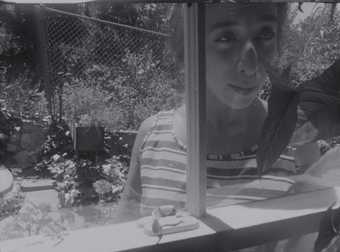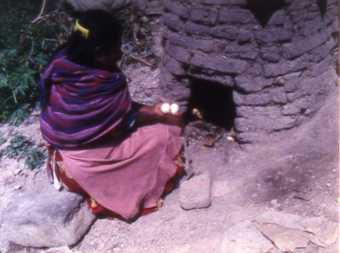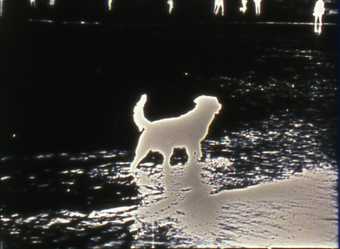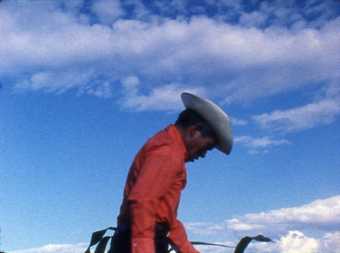Strand (1931–2009) was instrumental in the counter-culture film scenes of San Francisco in the 1960s and a central figure in Los Angeles where she crafted her unique body of work from her remarkable series of films made in Mexico to her central masterpiece Soft Fiction 1979. Soft Fiction explores the complexities of lived experience and desire through portraits of five women who relay intimate stories of sexuality and survival direct to the camera and is one of the defining works of the 1970s. The work is a central to what Strand has called her 'ethnographies of women’, her virtuoso melding of filmic languages that draws on the surrealist origins of anthropology to interrogate desire, visual pleasure and sexual politics.
The season, featuring many recently restored prints, spans Strands entire body of work from earliest lyrical films made in San Francisco where together with Bruce Baillie she was co-founded screening and later distribution collective Canyon Cinema. Central to Strand's work and life was her fascination with Mexico where she spent most summers filming and collecting women’s stories of ecstasy, betrayal and endurance. Blending politics with cultural investigation her films south of the US border ranged from her subversive depiction of Catholic missionaries in Venezuela in Mosori Monika 1970, tender studies of labour and craft in Mexico in Fake Fruit Factory 1986 to her last film Señora con Flores / Woman with Flowers 1995/2011 a work of radical compassion.
Alongside her celebrated observational work, Strand created many remarkable collage works mixing film of friends and family with lyrically edited footage, from cartoons and war films to create powerful self-reflective works from the autobiographical Elasticity 1976 to the political Loose Ends 1979. Presented alongside Strand's films will a selection of rare works by contemporaries Chris Langdon and Penelope Spheeris who also provocatively explored sexuality, subjectivity and the limits of documentary. Many of these works have recently been rediscovered and together with Chick Strand's influential works these films propose new ways of thinking about collective activity, women’s film practice and the rich legacies of West Coast filmmaking.
Curated by George Clark.




